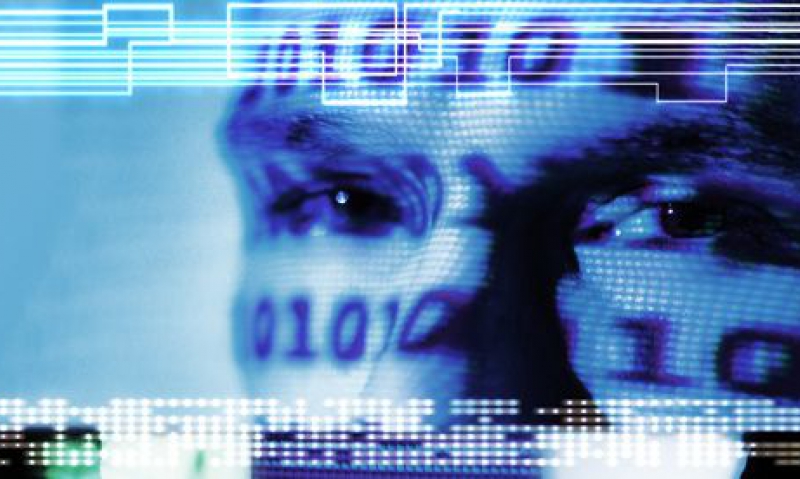
Legion representative part of panel that examines critical aspects of security and counter intelligence-related incidents.
Freddy Gessner, assistant director of The American Legion National Security/Foreign Relations Division, recently participated in discussions with experts regarding the challenges posed by insider threats in a cyber world. Panelists with extensive real-world experience examined critical aspects of security and counter intelligence-related incidents such as WikiLeaks, Stuxne, and other insider threat-related events.
The discussions explored the commitment and planning that is necessary to meet the national challenge posed by cyber-faceted threats to national security. Strategies, best practices, solutions and emerging trends for securing the industrial base were also discussed.
User privileges were mentioned as a significant threat to national security. Currently, a single person with high-level hacking skills has the ability to access and manipulate almost any network on the planet – even secured government networks such as NIPRNET. Strategists are currently trying to determine how to create restrictions that will secure online information without taking away people’s right to a free speech Web. A single intruder should not have the ability to cause such a devastating blow to government networks.
U.S. Reps. Darrell Issa, R-Calif., and Charles Ruppersberger, D-Md., offered perspectives on the state of America’s successes, failures, strategies, challenges and unknowns in keeping the nation’s industrial base safe from cyber threats. They addressed legislative issues faced when building a flexible structure of defenses. They also addressed responsibilities and budgets that will enable America’s highly structured government system to effectively engage a highly dynamic, networked business/technical environment, as well as what we need to do next.
Policy for handling cyber warfare has not been established. In traditional wars, our enemies attacked our or our allies’ homes, buildings, or military installations and we retaliated by attacking theirs. In cyber warfare, U.S. enemies may be skilled enough to remain anonymous; their target may be shutting down America’s stock market, thus causing chaos to the economy. The question was posed: What policy can we put in place to deal with this, when our enemy doesn’t have a stock market for us to attack in a similar manner?
And looking into the future, our military is developing more advanced aircraft and other machines that are armed and can be controlled from a stationary computer hundreds of miles away. We are protecting the lives of our troops by not sending them into combat, but the threat in this scenario is the possibility of enemy hackers taking control of our own aircraft and using them against us.
- Security

